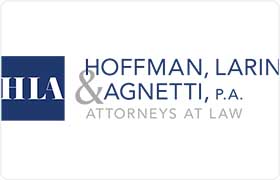Miami Bankruptcy Lawyer, Florida, page 2
Sponsored Law Firm
-
 x
x

Click For More Info:
-
Hoffman Larin & Agnetti, P.A.
909 N Miami Beach Blvd Suite 201 Miami, FL 33162» view mapBankruptcy and Debt Experience and Results Matter
Hoffman, Larin & Agnetti have offices in South Florida. We have a long list of satisfied, well-represented clients since our firm opened in 1975.
800-893-4280
Includes: Bankruptcy Litigation, Commercial Bankruptcy, Consumer Bankruptcy, Dissolution
Darren Keith Edwards
Divorce, Divorce & Family Law, Bankruptcy, Bankruptcy & Debt
Status: In Good Standing
FREE CONSULTATION
CONTACTDerrick A. Dyer
Bankruptcy, Bankruptcy Litigation, Corporate, Business Organization
Status: In Good Standing
FREE CONSULTATION
CONTACTFred K. Lickstein
Contract, Business Successions, Business Organization, Dissolution
Status: In Good Standing
FREE CONSULTATION
CONTACTFREE CONSULTATION
CONTACT Martin Hoffman Miami, FL
Martin Hoffman Miami, FL
